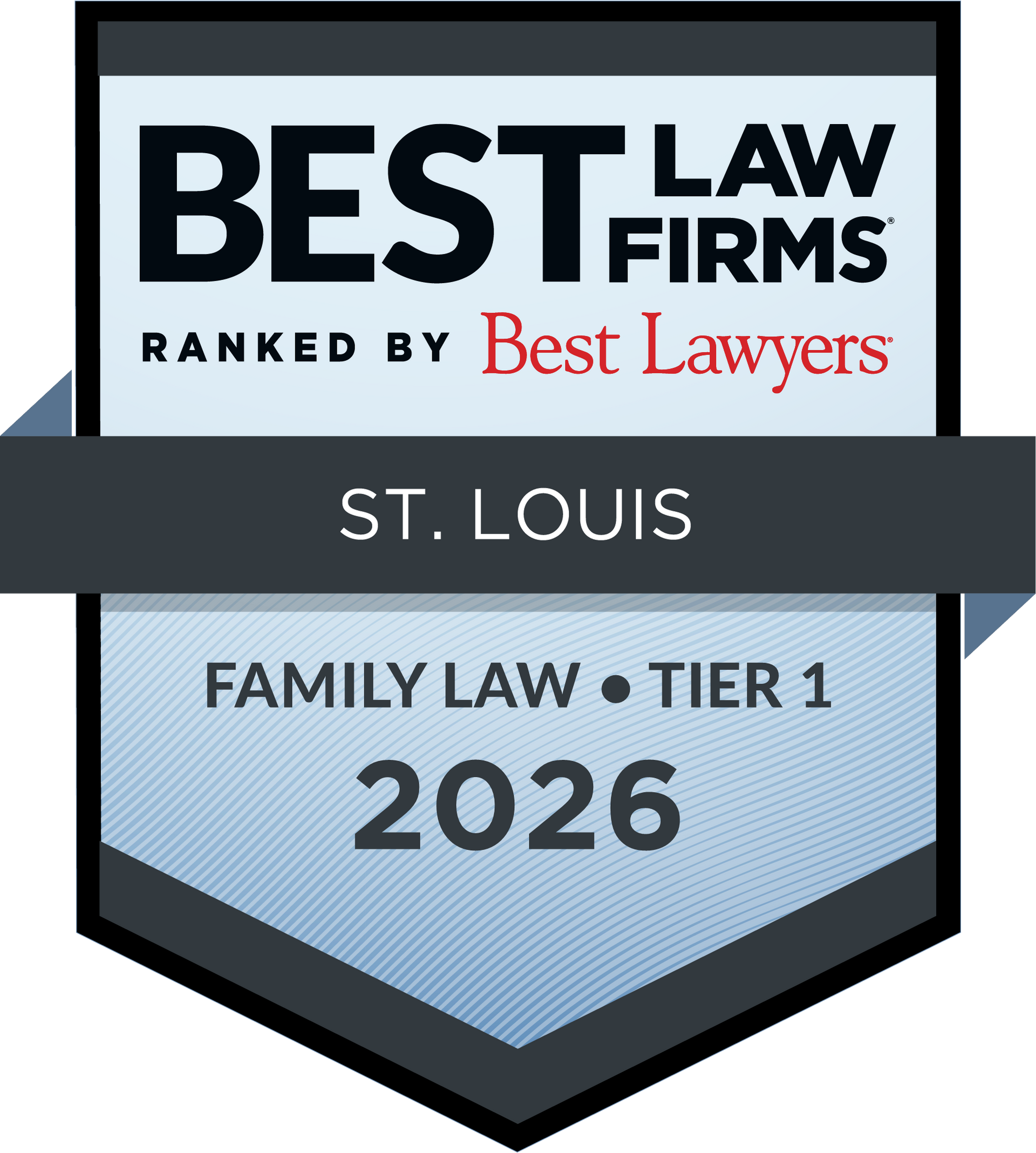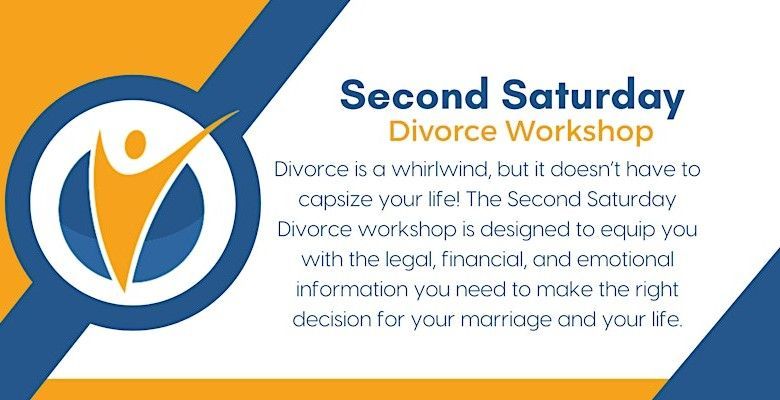Settlement is Reached – How Do We Get Divorced?
Allison Gerli • January 1, 2020
Reaching an agreement with your spouse is only step one in the process of getting divorced or legally separated.
Whether you are able to resolve your case through mediation or by you and your spouse working things out without mediation or attorneys (sometimes referred to as a kitchen table divorce), it is important to understand the steps that come next.
Drafting and Reviewing of the Agreements.
The mediator or an attorney representing one spouse usually prepares documents that detail the settlement that you have reached. Both spouses will have the opportunity to review the documents with attorneys and address any changes. If there are children, there will be a parenting plan, outlining schedules, decision-making and financial terms. There is a document called a Separation Agreement that outlines your terms related to the division of property, debt, and spousal support (maintenance), if any.
Initial Filing.
One spouse must file the papers in court in order to begin the legal process. The person filing is called Petitioner and the other spouse is called Respondent. Petitioner files a Petition for Dissolution of Marriage, Income and Expense Statement, Statement of Property, and a Certificate of Dissolution of Marriage. One spouse should retain an attorney to prepare and file the documents required to initiate and finalize the dissolution process. This attorney is not an attorney who can assist both of you. If the other party chooses, he or she may have an attorney, often just to review and advise on the settlement.
Filing Fee and Costs.
The spouse who files must pay a filing fee to the court. It varies depending upon the county in which the divorce is filed; it is in the neighborhood of $150.00.
Service.
In order to establish with the court the fact that Respondent has notice of the lawsuit, Respondent must be “served” or waive service. Service in a lawsuit is usually achieved by a sheriff or a process server bringing the papers directly to the person at work or home. When a couple is working together to accomplish the divorce, either an attorney can accept service on behalf of Respondent or Respondent can sign a document acknowledging receipt of the court papers and waiving service. If an attorney accepts the papers, the attorney files what is called an Entry of Appearance with the Court. The document the Respondent will sign is called a Waiver of Service of Summons and Entry of Appearance. The court must have confirmation of service or the Waiver to proceed with the divorce.
Answer.
After the Petition is served, Respondent may file an Answer to the Petition, which is the person’s response to the Petition. If no action is taken by Respondent, Respondent is in default. The Answer is due 30 days after the service of the Petition (or the filing of the entry by an attorney or the waiver). Respondent may file not only an answer to the Petition, but may also file his or her own Petition, called a Counter-Petition. This must be answered by Petitioner within 30 days. In a case where all agreements have been reached before the case is filed, Respondent may choose not to file an Answer because Petitioner, through an attorney, is going to take the responsibility to process the settlement documents with court.
Mandatory Parenting Class.
If you have children who are under 19, there is a required class for parents involved in most family law matters. Most of the judges will not sign the settlement documents until both parents have taken it. It can be taken before the case is filed.
Settlement Documents.
This will include the Judgment for Dissolution or Legal Separation, Separation Agreement, Parenting Plan and Form 14 Child Support Calculation (if children involved), and Affidavits signed by both spouses. The Affidavit is what permits you to avoid going to court and appearing before a judge to testify.
30-Day Wait Period.
The settlement documents cannot be submitted to the court for signing by a judge until after a 30-day period following the date that service was achieved on Respondent (i.e. Respondent’s Waiver was filed with the court or an attorney filed his or her Entry of Appearance on behalf of Respondent). After that time has passed, the settlement documents can be submitted to the court for signing by the judge. The documents are filed with the court electronically. Depending on the judge, it may take a few days or longer before the judgment is signed. The waiting period does not prohibit you from starting to abide by your agreements and your settlement paperwork can include specific starting dates for all of the terms to go into effect.
Judgment is Entered.
You are divorced or legally separated on the date that the judge signs. The signed judgment will come to the attorneys electronically. Later the attorneys receive a certified copy, which you may need in order to take care of some of the follow up on the division of property. A judgment is not considered “final” for an additional thirty days, though that 30-day period does not impact you moving forward.
If you are interested in learning more about the divorce process, the attorneys at The Center for Family Law would be happy to talk with you. To schedule a consultation, go here or call (314) 721-8844.

We are thrilled to announce that four of our attorneys have been recognized in the 2025 Super Lawyers® and Rising Stars lists! This distinction honors outstanding legal professionals across the nation who demonstrate excellence in their field, and we are proud to celebrate the exceptional achievements of our team. Celebrating Our Super Lawyer Ann Bauer has once again been recognized as a Super Lawyer in Missouri & Kansas, marking her 19th consecutive year on the list. Ann’s dedication, skill, and commitment to her clients have earned her additional prestigious honors: Top 50: Women Missouri & Kansas Super Lawyers – 11th year Top 50: St. Louis Super Lawyers – 7th year Ann’s recognition is a testament to her decades of experience and unwavering commitment to families and individuals navigating complex legal matters. Rising Stars of 2025 We are also proud to celebrate our three attorneys named Rising Stars this year: Allison Gerli – 8th year Kristen Sparks – 7th year Hallie Van Duren – 5th year The Rising Stars designation recognizes outstanding attorneys who are making a significant impact in their field earlier in their careers. What This Recognition Means The Super Lawyers and Rising Stars lists are highly selective, recognizing only a small percentage of attorneys in each state based on peer nominations, professional achievement, and other rigorous criteria. Being named to these lists reflects the consistent excellence, skill, and dedication our attorneys bring to every case. We are proud to have a team of legal professionals who combine experience, empathy, and expertise to serve our clients. Congratulations to Ann, Allison, Kristen, and Hallie for this well-deserved recognition!

We are proud to share that The Center for Family Law has once again been recognized as a Tier 1 law firm in St. Louis in the practice areas of Family Law and Family Law--Mediation. Firms named to the 2026 “Best Law Firms” list by U.S. News & World Report and Best Lawyers® are honored for their professional excellence, earning consistently strong ratings from clients and peers. A tiered ranking reflects a unique combination of quality legal practice and breadth of expertise. The 2026 “Best Law Firms” rankings, released this month, are based on client feedback, peer evaluations from leading attorneys, and additional information submitted by participating law firms as part of a comprehensive review process. About The Center for Family Law Since 2013, The Center for Family Law has provided progressive, client-centered family law services with compassion and dedication. Our attorneys are committed to advancing the practice of family law and adapting to its ever-evolving landscape. We partner with each client to address their unique needs and goals, helping families navigate challenging transitions with respect and care.


